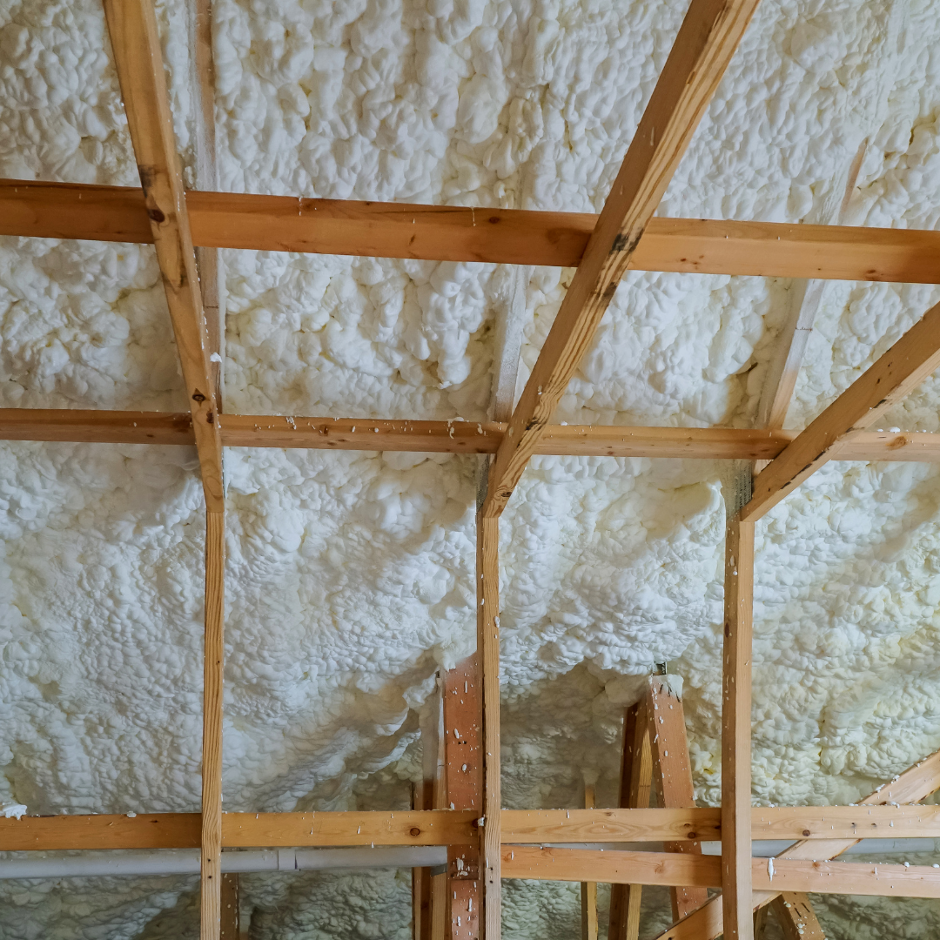When you have home insulation done, it is the best investment one can make to help reduce energy costs. Yet, over the years, dirt, dust, and compression, to water can damage the material reducing its effectiveness. So, we ask, must you have your house insulation replaced? We here at Universal Insulation Doctor are here to answer that question.
When Should House Insulation Be Replaced?
You should replace or retrofit insulation every 15 to 20 years. Still, it might need replacing sooner depending on the insulation type installed and the R-Value. So, suppose you notice fluctuating temperatures, a high energy bill, or a pest infestation. In that case, you need to check the existing insulation with an expert.
Consider the R-Value
Here it helps to contact an insulation specialist to help determine the R-Value of the home that works best for you. The R-Value helps show what the resistance is to heat and moisture. The higher the number, the more insulation it provides. When you replace your existing insulation, you can achieve a higher R-Value while increasing your property value. So, speak to an expert that can determine what type of insulation is needed.
Different Insulation Types
You can find several insulation types to consider; each one works in different climates.
Reflective Home Insulation
The insulation has a double-sided form reflecting heat away from the property in summer and towards your home during winter. You can use it on the roof or walls. And works well paired with sealed air gaps and sometimes comes with metal.
Batt/Blanket Insulation
Another popular form of insulation is easy to install on walls, the floor, and roofs. You find it in fiberglass, paper-based, Rockwell, and polystyrene form. In addition, it is available in blankets, batts, or boards. It creates a physical barrier to direct heat depending on the season.
Loose Fill/Blown In
You need to blow these lightweight fabrics into crevices using a machine like in your attic. These insulation types are ideal for tight places and hard-to-reach ones. Contact an insulation specialist in Virginia for assistance.
Spray Foam
For the highest R-Value, spray foam is the best as it forms a barrier to prevent thermal transfer. It is also less likely to sag and does not quickly move out of place.
Other House Insulation Considerations
Another form of insulation is to use a structural panel but it is expensive. So instead, you find it in huge sheets used in home renovations or new constructions. On the other hand, with all these insulation types, you need to consider whether you want to be soundproof and if it has an environmental impact. Thus, we recommend talking to a professional installer to have an inspection done first to determine what insulation type will work best.

